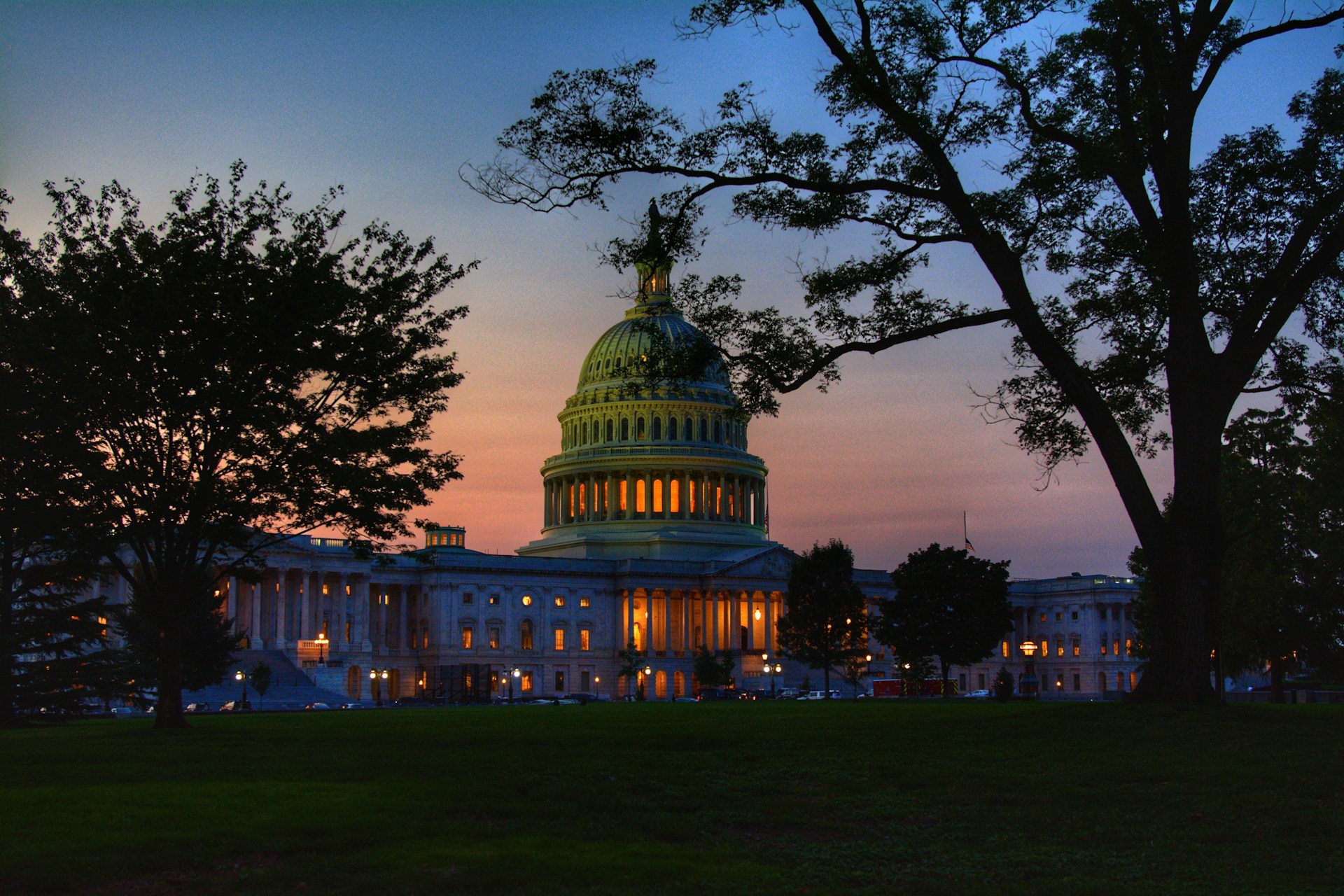The debate surrounding an extension of health insurance subsidies has intensified, contributing to the current federal government shutdown. Retiring Senator Thom Tillis, R-N.C., remarked in June, "[W]ith the ACA subsidies and other things, we should start thinking about a stream of bipartisan bills that we can work on."
Explainer GOP Should Fix Health Care Rather Than Bailing Out Obamacare
However, Tillis' choice of terminology raises concerns about both political framing and substance. By using the term "Affordable Care Act" instead of "Obamacare," he may inadvertently align with Democratic narratives, a move that could be influenced by his impending departure from the Senate.
More critically, the question arises: If the Affordable Care Act is indeed "affordable," why are Democrats advocating for a bailout costing over $350 billion, which has contributed to the government shutdown?
An Obamacare bailout would not enhance affordability; rather, it would redistribute taxpayer money to a small fraction of the population—those with subsidized Exchange policies.
Better Solutions
Instead of funneling more funds into a flawed system, Congress should pursue reforms aimed at reducing health care costs and insurance premiums. In my 2019 book, "The Case Against Single Payer," I outlined several potential reforms.
One key reform is to make health insurance portable, allowing individuals to retain their coverage as they change jobs. If people own their policies, purchased while they are young and healthy, they would be safeguarded against preexisting conditions.
Health Reimbursement Arrangements (HRAs), established during the Trump administration, could facilitate this portability. These accounts enable employers to contribute a defined amount monthly toward employees' health insurance premiums, allowing workers to select their own coverage and take it with them when they leave a job.
An even more effective alternative would be to permit Health Savings Account (HSA) funds to cover health insurance premiums. Unlike HRAs, HSA funds are owned by individuals, enabling them to have more control over their health care expenses.
Change Incentives to Reduce Costs
Reforms should also focus on reducing underlying health care costs by changing consumer incentives. High health care costs are partly due to individuals spending other people's money. The fraud seen on Obamacare Exchanges, exacerbated by enhanced subsidies, illustrates this issue.
Expanding HSAs could improve incentives by allowing individuals to roll over funds if they demonstrate prudent health care spending. While emergencies may not allow for shopping around, many chronic conditions present opportunities for patients to seek cost-effective care.
For this to work, patients need access to clear pricing and transparency in health care. Although some improvements have been made, many patients still lack knowledge about treatment costs. Stronger enforcement of transparency regulations and financial incentives from insurers could encourage patients to pursue more efficient care options.
The promise made by former President Barack Obama that his health care plan would lower premiums by $2,500 per family has not materialized. Instead, the Affordable Care Act has led to a consolidation of power among large insurance companies and healthcare providers, resulting in increased costs.
Fifteen years of policies led by Democrats should not compel Republicans to accept an Obamacare bailout. Instead, they should strive for a more effective approach to health care reform that benefits both patients and taxpayers. Congress has the opportunity to pursue a better path forward.
Why it matters
- The debate over health insurance subsidies is central to the federal government shutdown, highlighting political divisions.
- Senator Tillis' terminology shift raises concerns about bipartisan cooperation and potential alignment with Democrats.
- The proposed $350 billion bailout for the ACA is criticized for redistributing taxpayer money without enhancing affordability.
What’s next
- Congress must address the health insurance subsidy debate to resolve the government shutdown.
- Potential reforms, including HRAs and HSAs, could be discussed in upcoming legislative sessions.
- Calls for transparency in healthcare pricing may lead to new regulations or initiatives.
